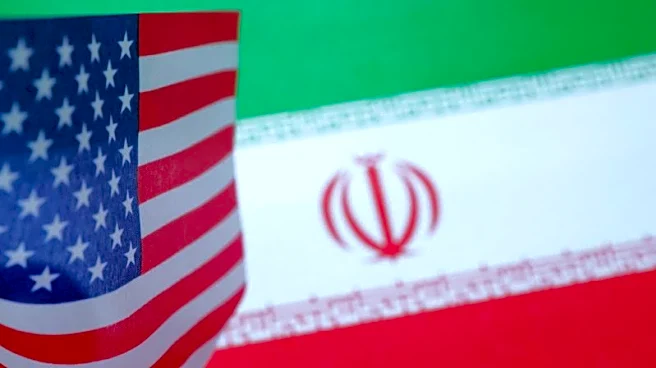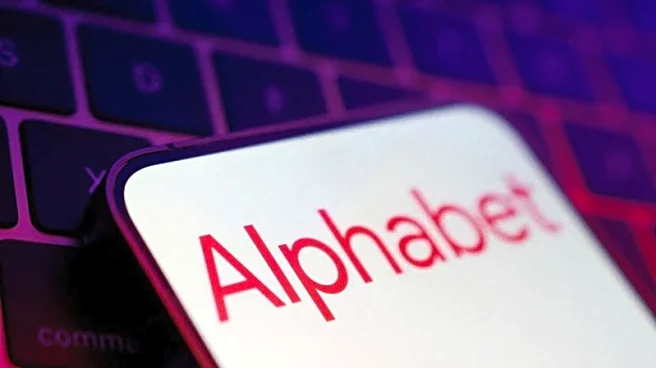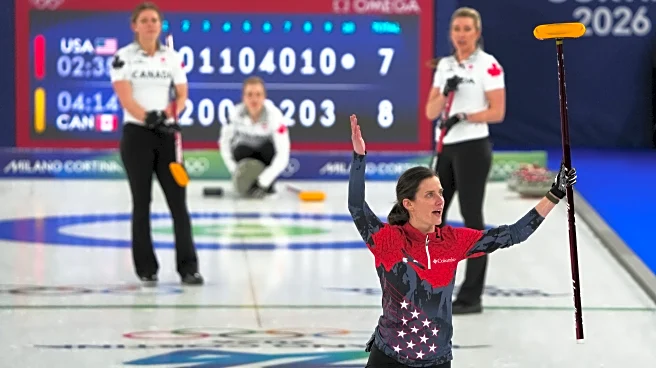DUBAI (Reuters) -Iran's Foreign Ministry on Thursday branded the U.S. saying it wanted a diplomatic solution to Iran's nuclear programme as a "deception".
U.S. President Donald Trump's Middle East Envoy
Steve Witkoff said on Wednesday Washington was talking to Iran and that the U.S. had a "desire" to realise a permanent solution to the dispute.
The United States, its European allies and Israel accuse Tehran of using its nuclear programme to conceal efforts to try to develop the capability to produce weapons. Iran says its nuclear programme is for peaceful purposes only.
"America's claim of a desire for diplomacy is nothing but deception and blatant contradiction; one cannot simultaneously bomb a country while engaging in diplomatic negotiations and speak of diplomacy," ministry spokesperson Esmaeil Baghaei said.
Prior to a 12-day war between Iran and Israel in June, which Washington joined by striking key nuclear sites, Tehran and Washington held five rounds of nuclear talks but faced major stumbling blocks such as uranium enrichment on Iranian soil, which Western powers want to bring down to zero to minimise any risk of weaponisation.
Britain, France and Germany on August 28 launched a 30-day process to reimpose U.N. sanctions - known as snapback - that ends on September 27, accusing Tehran of failing to abide by a 2015 deal with world powers aimed at preventing it from developing a nuclear weapon.
The European powers have offered to delay reinstating sanctions for up to six months to allow space for talks on a long-term deal if Iran restores access for U.N. nuclear inspectors, addresses concerns about its stock of enriched uranium, and engages in talks with the United States.
One Iranian insider has told Reuters that "several messages have been conveyed to Washington for resumption of talks via mediators in the past weeks, but Americans have not responded".
Witkoff told a summit on Wednesday: "We're talking to them."
He also said: "I think we have a desire, however, to either realise a permanent solution and negotiate around snapbacks, and if we can't, then snapbacks will be what they are. They're the right medicine for what's happening."
During a meeting with anti-war activists in New York on Wednesday, Iran's President Masoud Pezeshkian said: "In which language do we have to say that we are ready to respect frameworks if you do too? What type of negotiations is it if they ask us to respect our commitments while they trample on their own?"
In an earlier meeting, he said the return of international sanctions would be "unpleasant, but not the end of the road".
Iran's Supreme Leader Ayatollah Ali Khamenei said on Tuesday that negotiations with Washington would not serve Tehran's interests.
(Reporting by Elwely Elwelly; Editing by Andrew Cawthorne and Alison Williams)











